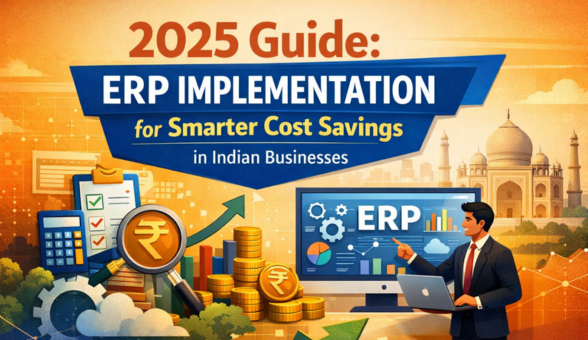Book Bound: Launching Your Online Bookstore
In the digital age, the appeal of initiating an online bookstore extends beyond mere book sales; it involves nurturing a community of readers and serving as a focal point for book enthusiasts worldwide.
With the global e-book market alone projected to reach over $18 billion by 2025, the potential for online book sales is vast and varied.
Whether you’re passionate about rare collectibles, the latest bestsellers, or niche genres, this guide will walk you through the essential steps to turn your bibliophilic passion into a profitable online business.
1. What’s Required to Begin Selling Books?
b)Legal and ethical considerations
2. What are the different types of online bookstores you can establish?
3. Steps for launching an online bookstore
a) Conduct comprehensive research on the bookstore business.
c) Select a reliable source for books.
d) Establish your online store.
e) Integrate Secure Payment Options.
f) Promote your online bookstore.
1. What’s Required to Begin Selling Books?
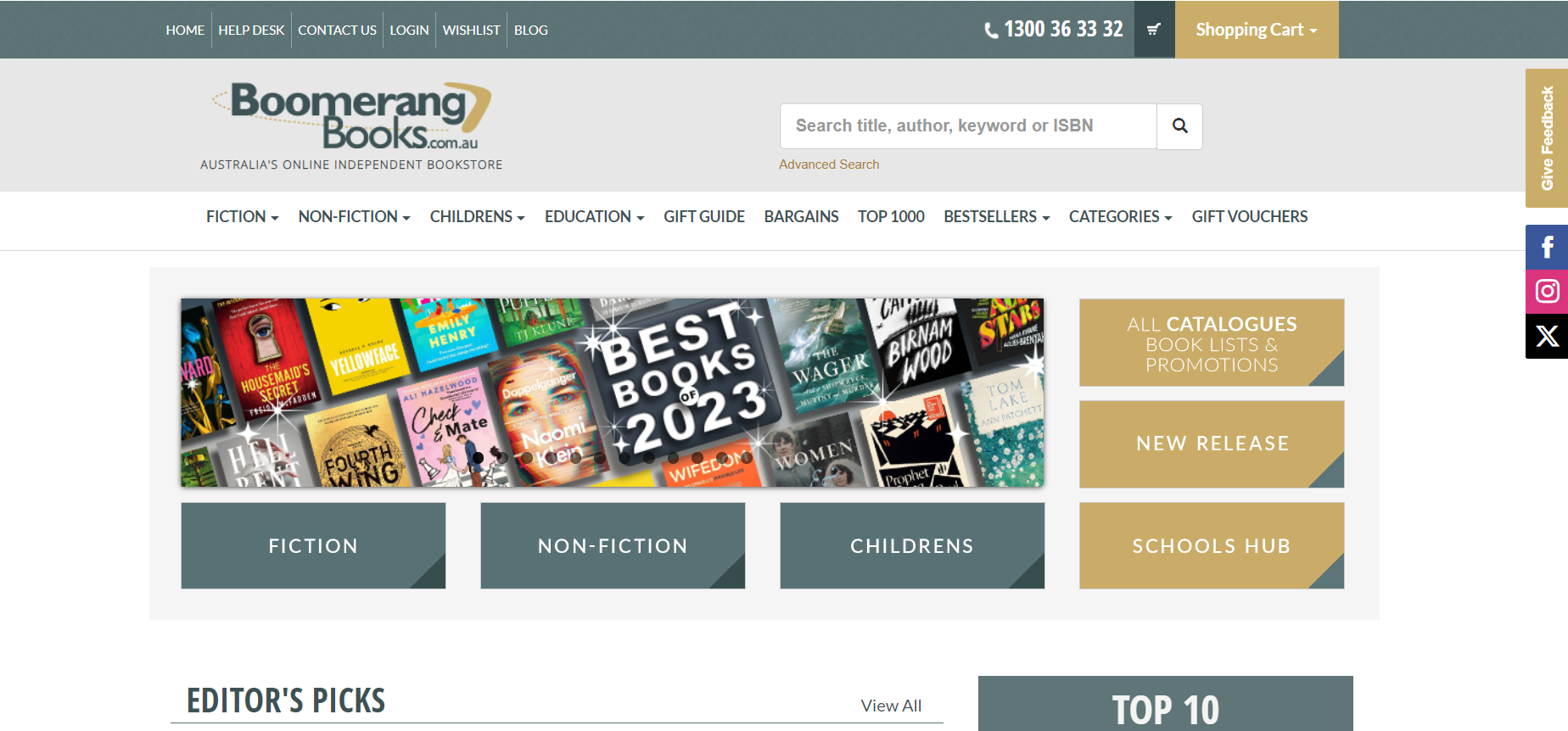
a) Identifying Your Audience:
The first step is understanding who you’re selling to. Are you catering to academic professionals, fantasy enthusiasts, or a general readership? Narrowing down your niche helps tailor your inventory and marketing strategy.
For instance, you might focus on genres like mystery, romance, science fiction, self-help, or historical fiction. Each genre has its dedicated audience looking for the next great read in their favorite category.
Genre Considerations: Consider the following popular genres to determine what aligns best with your interests and business goals:
Literary and Contemporary Fiction: Appeals to readers looking for critically acclaimed writing and thought-provoking narratives.
Fantasy and Science Fiction: Captivates audiences with imaginative worlds, futuristic technology, and magical elements.
Mystery and Thrillers: Attracts those who love puzzles, suspense, and crime-solving stories.
Romance: Draws in readers who enjoy tales of love, relationships, and emotional journeys.
Young Adult (YA): A rapidly growing segment with themes and characters that resonate with teenage and young adult readers.
Children’s Books: Encompasses a wide range from picture books to middle-grade novels, catering to the developmental stages and interests of younger readers.
Non-Fiction: Covers various subjects including history, biography, self-help, and more, appealing to readers seeking knowledge and real-life stories.
Real Example: Consider ‘Boomerang Books,‘ an Australian online retailer known for its focus on Australian literature, offering a unique selection that appeals to a specific audience.
Similarly, ‘Mystic Bookstore‘ specializes in fantasy and science fiction, providing an extensive collection for enthusiasts of those genres.
By understanding the preferences of your target market and offering a curated selection, you can create a loyal customer base and a distinctive brand identity.
b) Legal and Ethical Considerations:
Business Registration: Ensure your business is legally registered and complies with local and international trade laws, especially if you’re dealing with rare or imported editions.
This includes obtaining any necessary licenses and permits to operate an online retail business in your jurisdiction.
Copyright Laws: Understand the implications of selling copyrighted material, particularly when dealing with e-books or rare publications.
Ensure you have the right to sell the books you list and that you’re respecting intellectual property laws to avoid.
Taxes and Reporting: Understand your tax obligations, including sales tax collection, earnings reporting, and claiming deductions.
Ensure you report to the right tax authority and maintain accurate financial records. Seeking advice from a tax professional can help ensure compliance and proper business management.
c) Procure Your Inventory:
Sourcing Books: Whether new, used, or rare, find reliable suppliers. This could be direct from publishers, wholesale distributors, or through partnerships with local bookstores.
Current Stats: As of recent years, partnerships between online retailers and independent bookstores have seen a rise, offering mutual benefits in inventory diversity and availability.
d) Track Your Inventory:
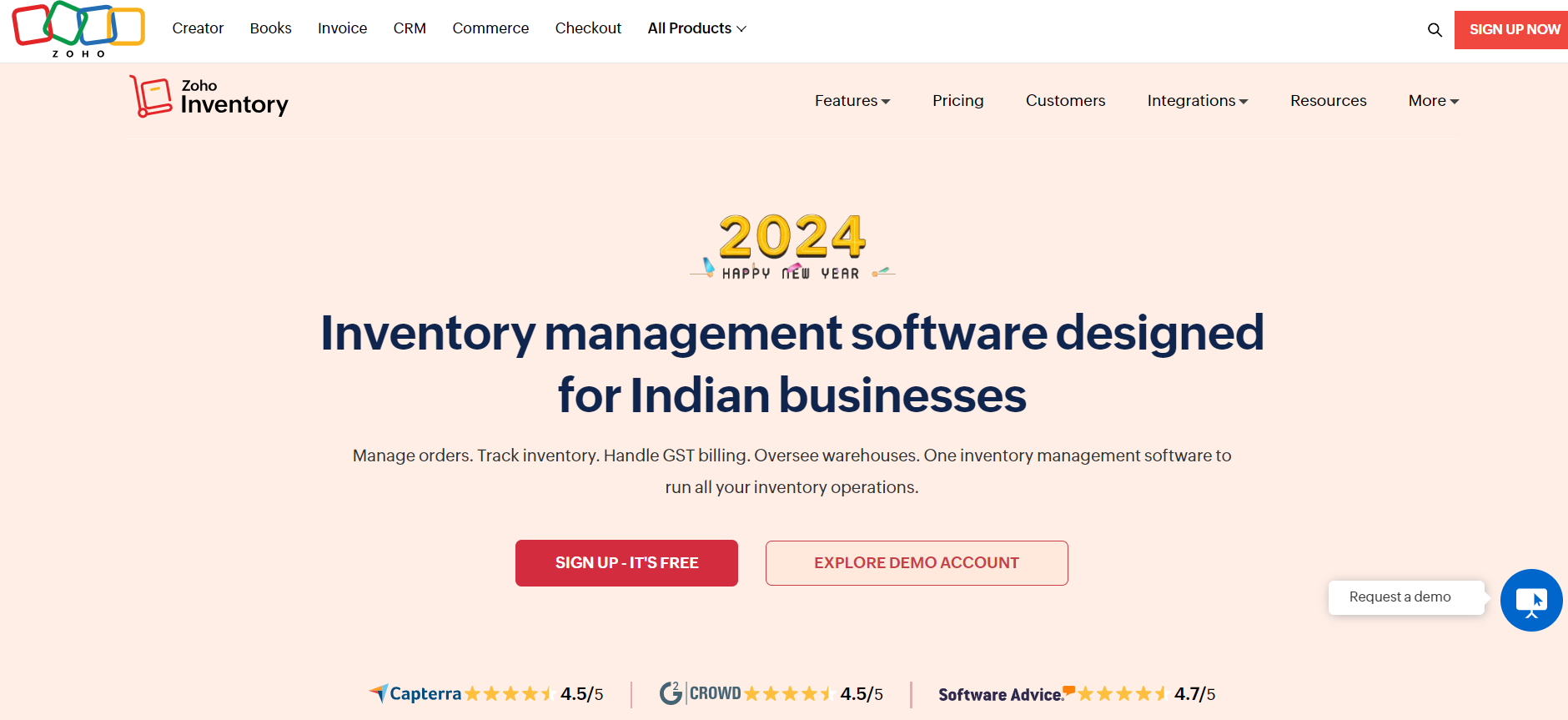
Inventory Management: Utilize software like QuickBooks or Zoho Inventory to monitor stock levels, sales trends, and restocking needs.
Efficient inventory management is crucial to avoid overstocking or running out of popular titles. Additionally, consider implementing automated alerts for low stock levels and regular inventory audits to ensure data accuracy.
This proactive approach helps in making informed purchasing decisions and maintaining customer satisfaction by ensuring popular books are always available.
2. What are the different types of online bookstores you can establish?
General Bookstore:
Offers a wide range of books across various genres and interests, catering to a diverse audience with varying tastes.
This type of store is ideal for readers who enjoy exploring different subjects and authors.
Real Example: Amazon Books offers an extensive collection from fiction to non-fiction, appealing to a broad customer base with its vast selection.
Niche Bookstore:
Specializes in a specific genre or theme, such as mystery, science fiction, or educational materials.
This allows for a focused and deep collection that attracts enthusiasts and experts in that particular genre.
Real Example: ‘Murder By The Book‘ in Houston provides an excellent selection of mystery and crime novels, hosting events and signings that cater to the genre’s community.
Used Bookstore:
Focuses on selling second-hand books, often rare or out-of-print editions. This type of store is perfect for collectors and budget-conscious readers looking for unique finds.
Real Example: ‘Powell’s Books‘ in Portland is famous for its extensive collection of new and used books, offering a treasure trove for readers and collectors alike.
Academic Bookstore:
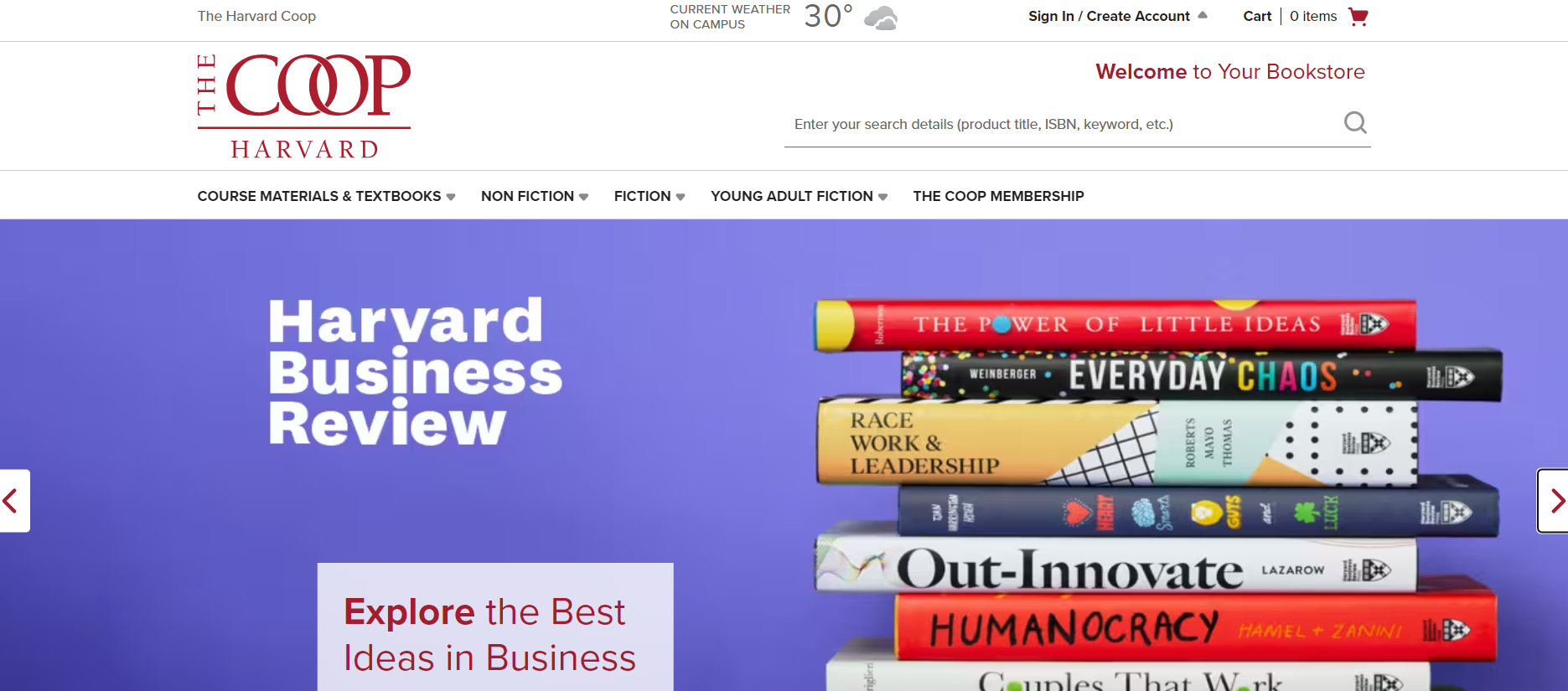
Caters to students and professionals, offering textbooks, journals, and scholarly works.
These stores are typically associated with educational institutions or located in areas with a high concentration of students and academics.
Real Example: ‘The Harvard Coop‘ serves the Harvard and MIT communities, providing a wide range of academic texts and resources essential for students and scholars.
3. Steps for Launching an Online Bookstore:
a) Conduct Comprehensive Research on the Bookstore Business:
Research the Bookstore Business: Understand market trends, customer preferences, and competition. Use tools like Google Trends and market research reports for insights.
Demographic Analysis: Dive deep into understanding potential customers, their reading habits, and preferences. Use this knowledge to shape inventory and marketing strategies.
Real-Time Analytics: Utilize real-time analytics to gauge current market demands and adapt strategies to stay ahead of trends.
b) Select a Specific Niche:
Why It Matters: A well-defined niche attracts a dedicated customer base. For instance, ‘Strand Book Store‘ in New York City is renowned for its 18 miles of books, appealing to a wide range of readers with its vast and varied collection.
Market Gap Analysis: Identify gaps in the market where customer needs aren’t being fully met. Positioning your store to fill these gaps can give you a competitive edge.
c) Select a Reliable Source for Books:
Building Relationships: Establish connections with publishers, authors, and distributors. Attend book fairs and industry events to network and negotiate deals.
Quality Assurance: Ensure the sources you choose to maintain a high standard of book quality. This is crucial for customer satisfaction and repeat business.
Diverse Suppliers: Consider a mix of suppliers to ensure a steady flow of new titles and rare finds, keeping your inventory fresh and exciting.
d) Establish Your Online Store:
Platform Selection: Choose an e-commerce platform like Boomimart Shopify, WooCommerce, or Magento that suits your technical skills and budget.
Website Design: Ensure your website is user-friendly, aesthetically pleasing, and easy to navigate. Incorporate features like reviews, ratings, and recommendations to enhance the shopping experience.
For instance, take inspiration from ‘Bookish Santa‘, a popular online bookstore in India known for its user-friendly interface and engaging design.
Bookish Santa offers a wide range of books and makes it easy for customers to find what they’re looking for with well-organized categories, detailed book descriptions, and customer reviews.
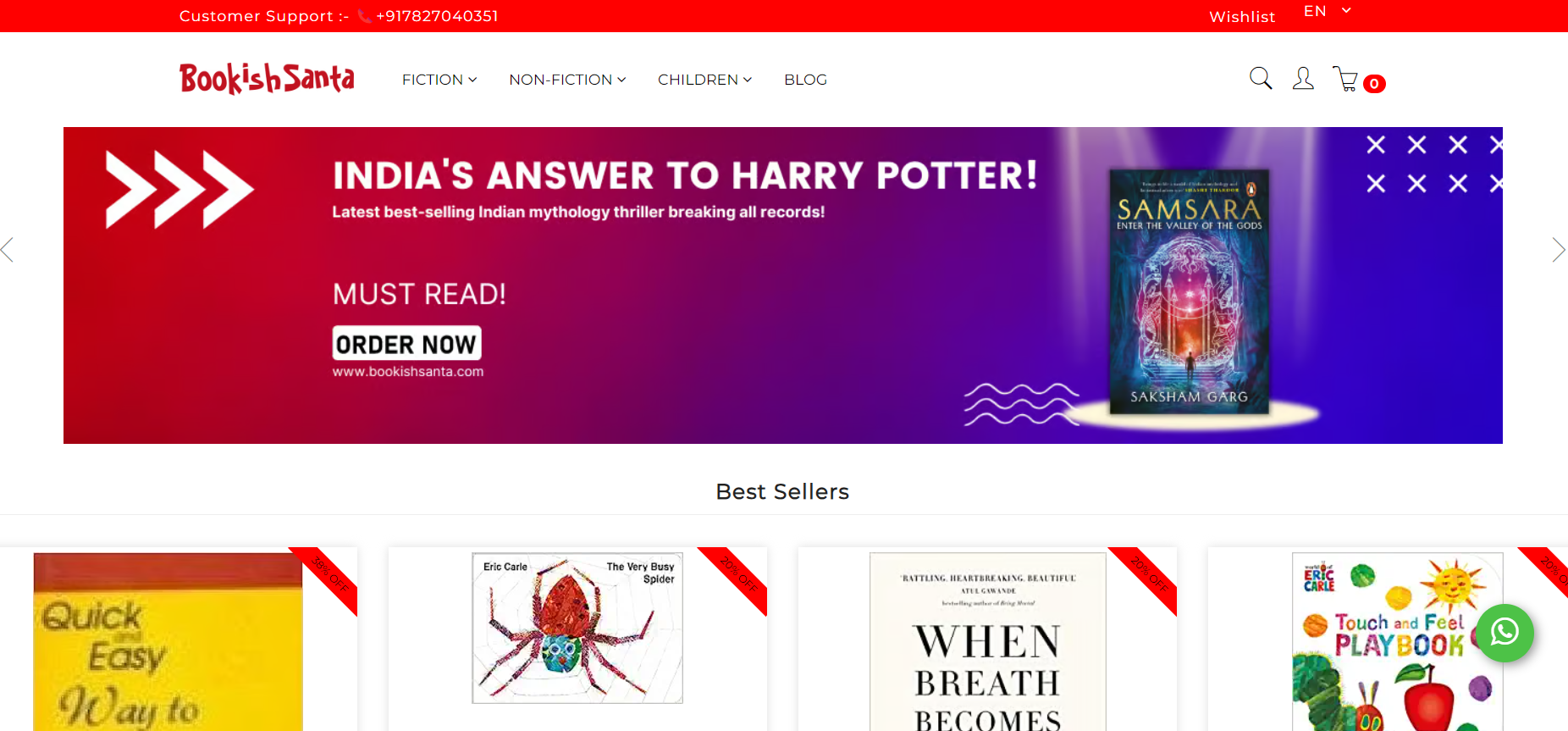
Their website design reflects a passion for books and creates a welcoming environment for bibliophiles, making it a go-to destination for readers across the country.
Mimicking such successful elements in your online bookstore can significantly enhance user experience and customer satisfaction.
Build Your Online Bookstore!
Customer Experience Focus: Regularly update your platform with new features and tools that enhance the shopping experience, such as personalized recommendations or a virtual bookshelf.
Security Measures: Implement robust security measures to protect customer data and build trust. Regularly update your platform to guard against cyber threats.
e) Integrate Secure Payment Options:
Diverse Payment Methods: Offer a variety of payment options to cater to all your customers’ preferences. This includes credit/debit cards, e-wallets, and online banking.
Payment Gateway Integration: Providing diverse payment choices is essential in today’s varied market landscape. Incorporate reliable payment gateways like PayPal and Stripe, alongside popular local options such as Razorpay, Paytm, PayU, CCavenue, Billdesk, and Google Pay.
Transaction Security: Implement SSL certificates and comply with PCI DSS standards to ensure all transactions are secure and customer data is protected.
f) Promote Your Online Bookstore:
Marketing Strategies: Utilize SEO, social media, email marketing, and content marketing to reach your target audience. Collaborating with authors for online events or book signings can also drive traffic and sales.
Analytics-Driven Marketing: Use data analytics to understand customer behavior and tailor your marketing efforts for better engagement and conversion rates.
Community Events: Host online book clubs, author Q&A sessions, and other interactive events to foster a sense of community and loyalty among your customers.
g) Customer Engagement:
Encourage reviews and feedback:. Engage with your customers through newsletters, reading clubs, or forums to build a community around your bookstore.
Personalized Communication: Use customer data to personalize communication and offers, making each customer feel valued and understood.
Feedback Loop: Create a system where customer feedback directly influences your store, whether in book selection, features, or services offered. This not only improves the customer experience but also fosters a strong sense of community.
4. Final Takeaways:
Launching an online bookstore is a journey filled with chapters of challenges and rewards.
By understanding your market, carefully curating your inventory, and creating an engaging online presence, you can write your success story in the evolving narrative of the book industry.
Remember, the key to a successful online bookstore lies in your passion for books, commitment to quality service, and the ability to adapt to the ever-changing digital landscape.
So, open the cover, turn the page, and start your bookstore adventure today!


